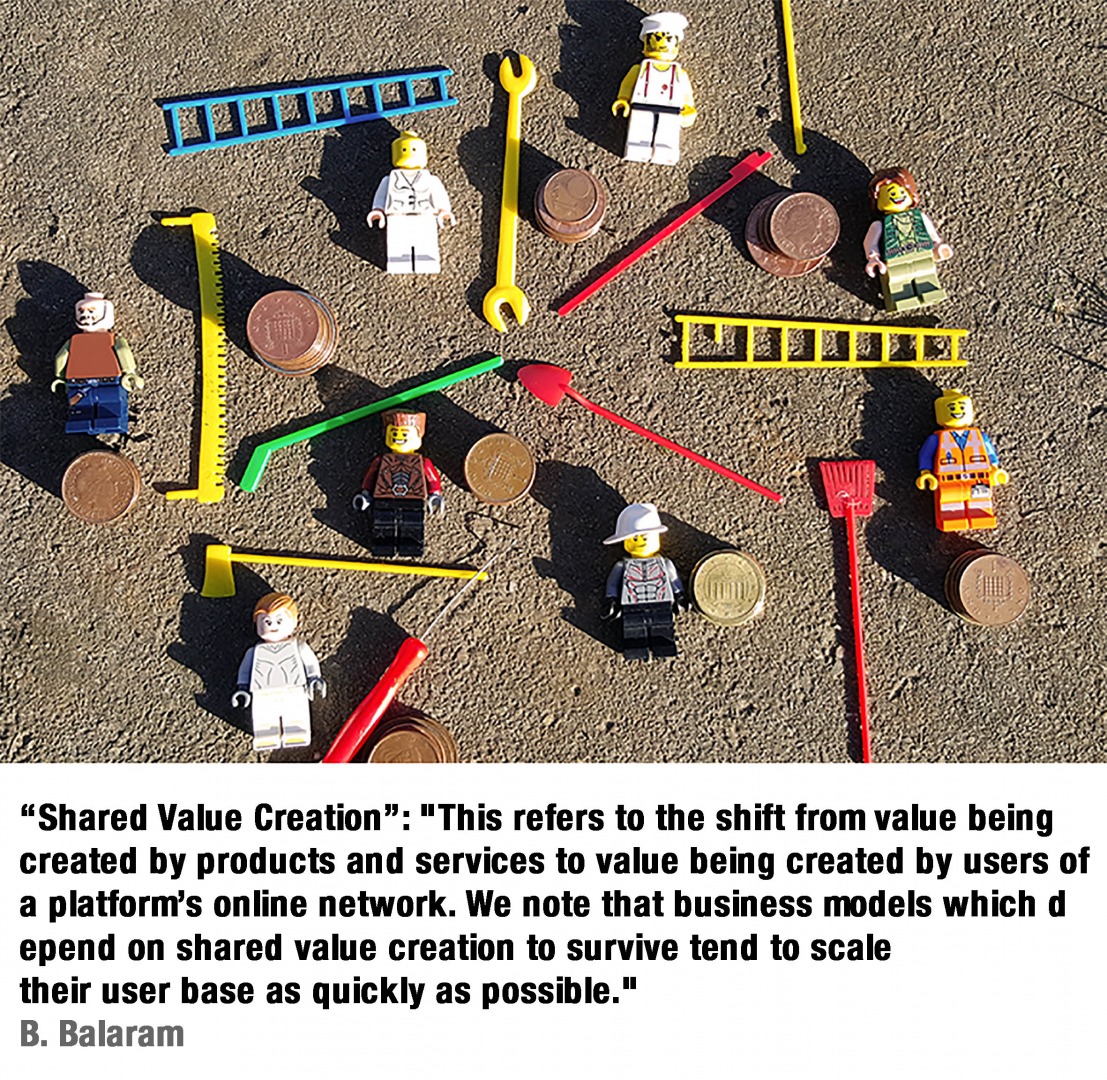
Is Self-Management laying the ground to a New Mindset ?
In 2010, Sarah, a 35 year old, quit her job working for a large Marketing Company. She was tired of the corporate world filled with political infighting, turf wars, and meaningless procedures. For two years, Sarah travelled around the world trying to find the meaning of her life and her creative drive. She then returned to London in 2012, with exciting plans of opening a small business as a vegan cuisine chef. She registered as self-employed, and began working from home, using her large kitchen to bake beautiful cupcakes.
Fast forward to 2016 things were/are not always easy. Sarah rents sometimes her spare bedroom to tourists coming to London while trying to make her business as sustainable as possible. For an extra source of revenue, she just got herself another part-time job, as a social media manager, working from home once a week for a large charity. Despite the struggle and hardship of her entrepreneurial life, when asked if she would consider taking a 9 to 5 job in a safe large company, Sarah’s answer is prompt: There is no way she could go back working for someone else but for herself. She has learned to face the fears of being an inter dependent business owner ready to be in charge of her own life.
Contextualizing Sarah experience with Laloux’s scaling of organizations, self-management stands out to me as the first necessary characteristic to the shift to novel types of organizations, such as teal ones.
Millenials Subtle Move Towards Self-Management
Sarah, just like many Millennials and the brand new working age generation Z, cannot work for large corporations anymore, simply because they are brain wired in a completely different way. They praise autonomy and freedom and they are more entrepreneurial then ever. They are tech savvy , able to self manage and averse to pyramidal structures. Therefore they look for jobs that are meaningful and feel confident to venture into creating their own jobs or flexible working set ups. Today, 34% of the US workforce is freelance, a figure that is estimated to reach 50% by 2020. (DATA from charter to the self-employed) In the UK, according to a recent research about self-employment, done by the RSA, the number of people working for themselves, grew 40 percent, since the year 2000.
This trend, has been facilitated by on-demand service apps that are enabled by technology. The reason why? a real drive from people to find other sources of income able to help them move into more fulfilling jobs.
But life is not always easy. We all know how the current landscape is one of stagnant wages having to cope with rampant living costs, particularly in advanced economies. Let’s not fool ourselves though: we live transitional times, which is the reason why the sharing economy is growing. According to Bhrimie Balaram’s report about the sharing economy:
“This system is often referred to as the sharing economy, involving a spectrum of activity based on maximising the potential of our underused human and physical resources, from our skills to our things. There are now 80 million people participating in the sharing economy in the US while there are 23 million in the UK, and these numbers are on the rise. Global revenues have been projected to reach £230bn by 2025.”
The fruitful paradox of the sharing economy
If on a quick first analysis one could say that Airbnb is growing because we all need extra cash to pay our rent, there is though, a beautiful paradox in the sharing economy system. It needs to give more power to its users, otherwise it will ultimately fail .
What is triggering the paradox is a game changer concept: “shared value creation’ (Balaram, 2015). What this means is:
“This refers to the shift from value being created by products and services to value being created by users of a platform’s online network. We note that business models which depend on shared value creation to survive tend to scale their user base as quickly as possible.” B. Balaram

Shared value creation is where the paradox resides because it is a type of business model that is profitable only if there are massively amounts of people using the same platform AND if more power is given to its users. The concept is similar to the one developed by GAFAnomics. GAFAnomics analysised the revolutionary business models behind a group of companies (Google, Facebook, Apple and Amazon) that have transformed economics over the last two decades. What they found out was how these companies could be seen as Network Orchestrators, mere platforms coordinating a network of peers, interacting sharing with each other the value of what was created.
We all are now, part of various monopolies, such as Facebook, Google, or Airbnb. It is interesting to think that these platforms margin of profit result from massive amounts of people using them. The sharing economy (and the global economic system, as authors such as Jeremy Rifkin and Paul Mason are stating) will have to deal sooner or later with something else: marginal costs close to zero, which means, profits close to zero.
Writing about the sharing economy, Paul Mason states that:
“First, however brilliant these new models are, they cannot produce exponential growth. It is technology in the service of squeezing out the final drops of value from something, rather than infinite expansion. Once the platforms to rent out things, services or time are stable, textbook economics states that the cost of using them should fall.”
What is left out of the experience will therefore be… self-management!
In the meanwhile though, while we transition, just like Vegan cake maker Sarah, to another economic world, we will learn a lot more than just self-management. We will learn how to use and implement a new type of relational vocabulary, how to define what we mean by work, and most importantly how to trust and collaborate with others towards a truly abundant and rewarding mindset.
Work 2.0 ? Self-Management, The Sharing Economy And The Future Of Work Part 1

Founder Dinis Guarda
IntelligentHQ Your New Business Network.
IntelligentHQ is a Business network and an expert source for finance, capital markets and intelligence for thousands of global business professionals, startups, and companies.
We exist at the point of intersection between technology, social media, finance and innovation.
IntelligentHQ leverages innovation and scale of social digital technology, analytics, news, and distribution to create an unparalleled, full digital medium and social business networks spectrum.
IntelligentHQ is working hard, to become a trusted, and indispensable source of business news and analytics, within financial services and its associated supply chains and ecosystems










